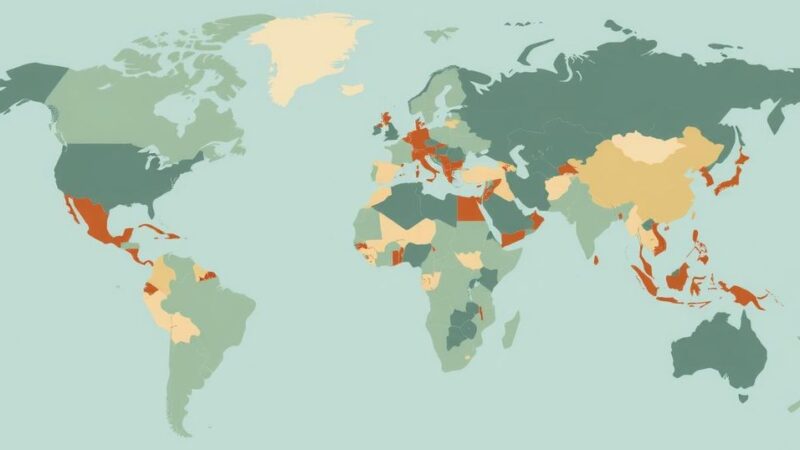The conclusion of 2024 revealed significant setbacks in climate initiatives and biodiversity conservation. The anticipated biodiversity conference failed to advance crucial pledges, exacerbating ecological concerns, while political shifts threatened climate progress. The year also recorded unprecedented heat levels, emphasizing the urgency of addressing greenhouse gas emissions and environmental policies. Moving forward requires a realistic and data-focused approach to climate action, avoiding distractions of optimism that do not align with the pressing challenges ahead.
The year 2024 concluded on a grim note, marked by significant setbacks in the realm of climate action and biodiversity. The anticipated biodiversity conference in Colombia failed to make meaningful progress on the “30 by 30” pledge, intended to protect 30% of the world’s unique sites and oceans by 2030. Despite the financial means of wealthier nations, the persistence of biodiversity loss highlights the disconnect between resource availability and ecological stewardship.
The political climate in the United States took a troubling turn with the return of a climate skepticism figure in the presidential office, raising concerns about the future of climate policy. Furthermore, the 29th Conference of the Parties (CoP29) resulted in another disappointment, hosted by Azerbaijan, where the focus on fossil fuels overshadowed the urgent calls for effective climate action.
Efforts to establish an international Plastics Treaty were hampered by resistance from major oil companies, leading to a failure to impose limitations on future plastic production. The year wrapped up with disheartening data confirming that 2024 was the hottest year on record, marking a critical breach of the 1.5°C threshold as established by climate experts.
The author’s concern for a phenomenon termed “toxic positivity” emphasizes a need for a realistic approach to climate discussions. While organizational targets and pledges are indeed commendable, they often divert attention from the pressing first-order indicators that truly reflect our climate trajectory. The focus must shift towards tracking greenhouse gas emissions and unsustainable practices, as these are the metrics that will ultimately determine our planet’s fate.
This perspective advocates for a return to pragmatic realism in climate conversations, urging stakeholders to acknowledge the current trajectory and to act decisively in response to the existing climate crisis, rather than relying on optimistic narratives that do not account for the reality of our situation.
The current state of the environment and climate policies is at a critical juncture, especially following a tumultuous year marked by political instability, inadequate responses to biodiversity loss, and the mounting repercussions of global warming. The global efforts to combat climate change and protect biodiversity hinge upon effective international cooperation and commitment. However, significant barriers remain in political willingness, practical implementation of environmental initiatives, and addressing the disproportionate impacts of climate change on vulnerable populations. The findings from climate monitoring agencies underscore the urgency for actionable change, especially as we approach critical temperature thresholds that could reshape the planet’s future.
In summary, 2024 serves as a stark reminder of the urgency to confront climate change and biodiversity loss through realistic and focused efforts. The setbacks experienced this year, including failures in significant international agreements and the impact of political leadership, illustrate the fragile state of climate action. It is imperative that stakeholders prioritize measurable indicators of climate progress and confront the reality of our environmental crisis to foster meaningful change moving forward.
Original Source: www.meer.com






